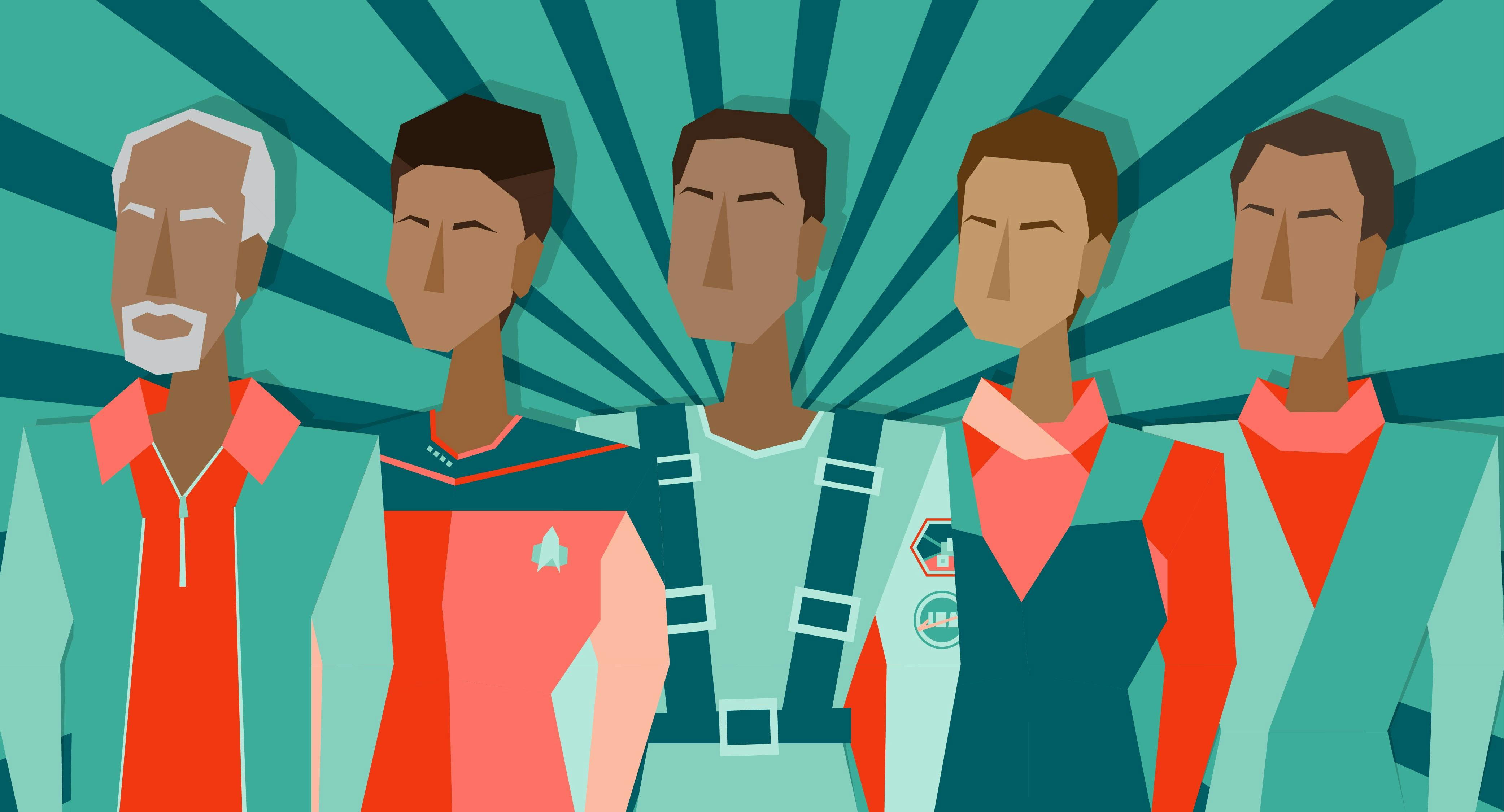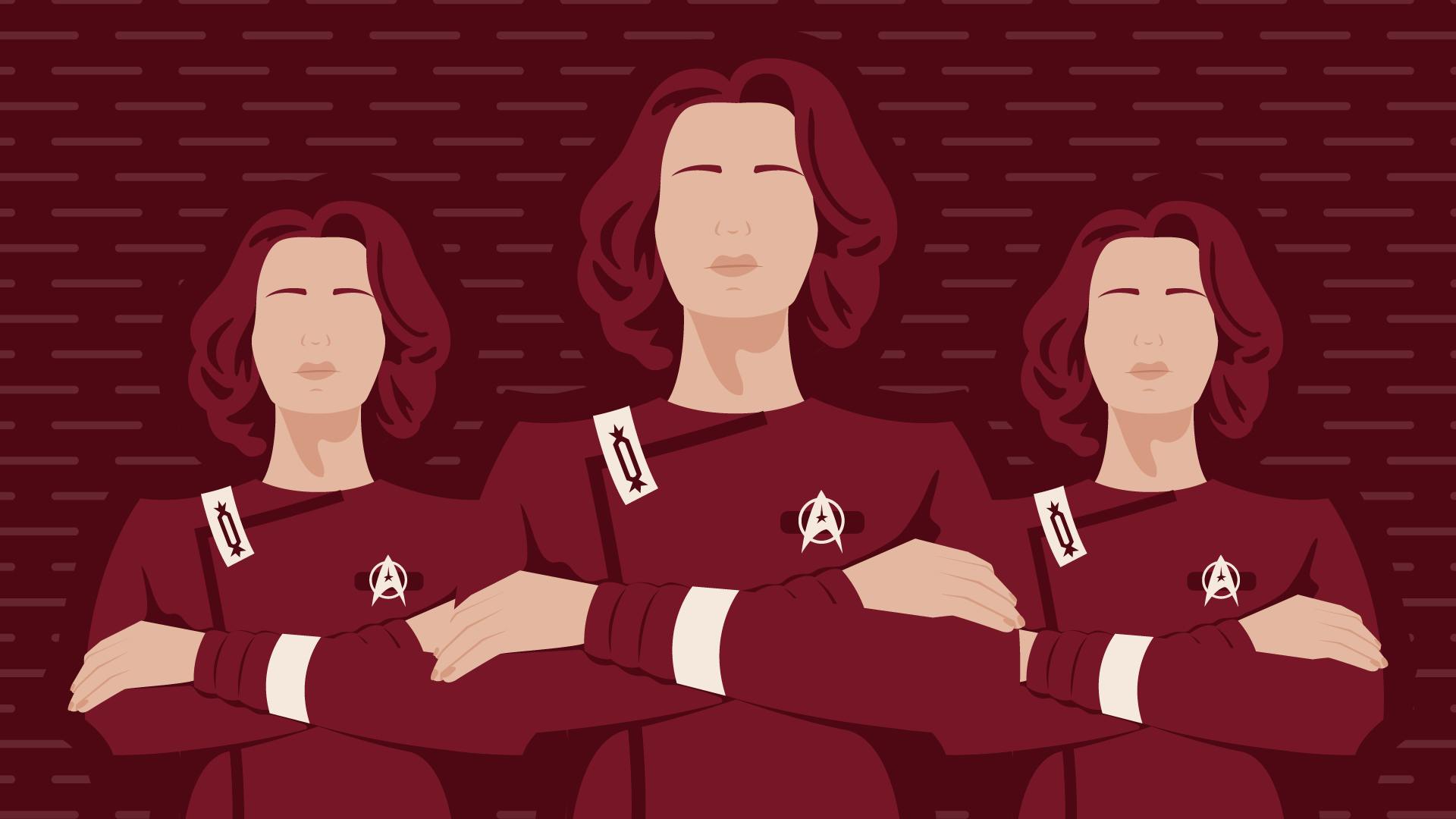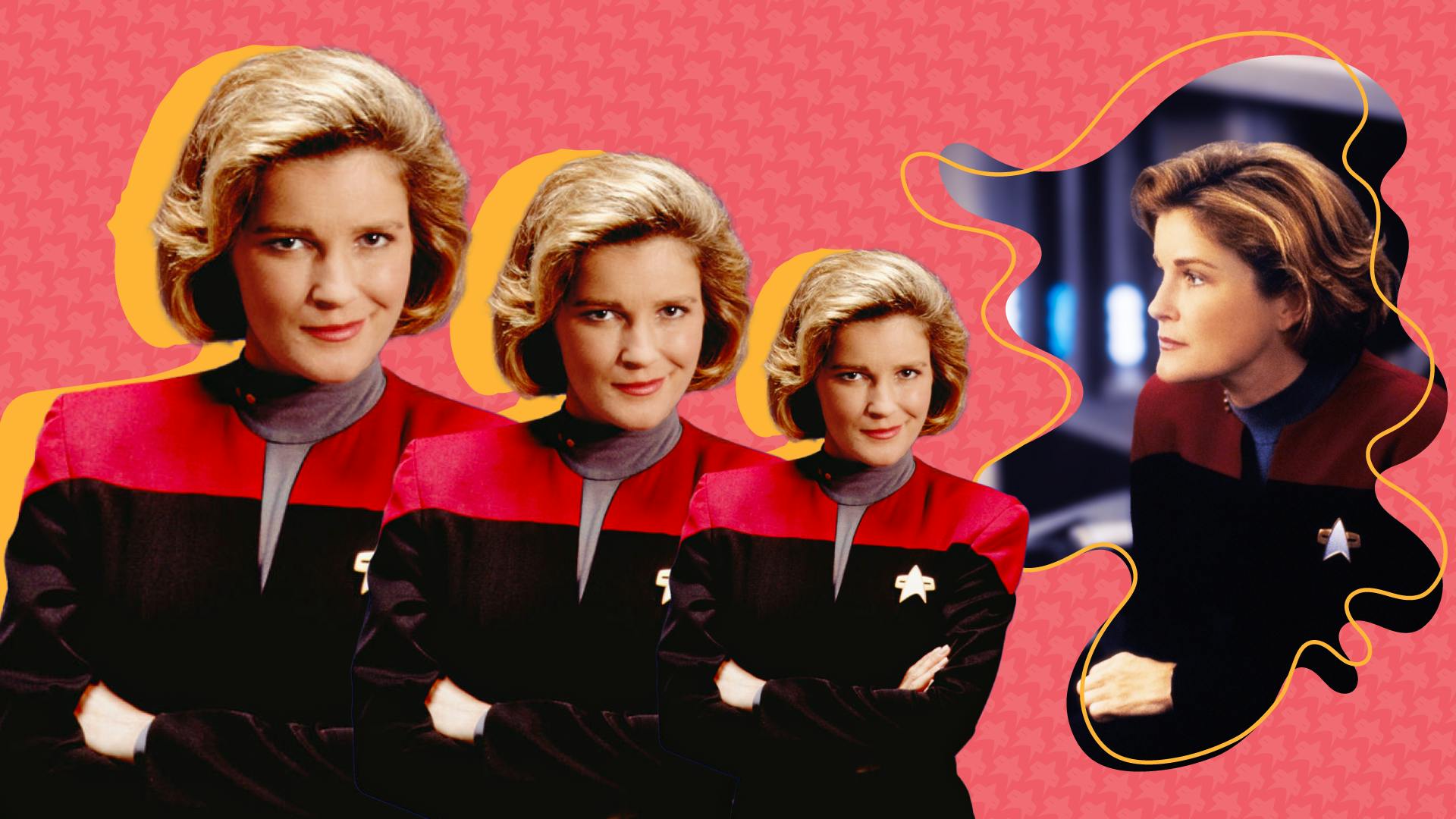
StarTrek.com / Rob DeHart
A recent open letter written by Miranda D., published by Women at Warp, highlighted the racism that exists inside the Star Trek community. Having been insulted and made to feel unwelcome by those that have determined what a true Star Trek fan is and what they look like, the author writes that the Star Trek community needs to do better in making the spaces available for all Trekkies.
Star Trek's ethos is in the celebration of the diversity of people and using those differences between them to help build a better tomorrow. As Gene Roddenberry once said, in the future, we will “take a special delight in differences in ideas and differences in life forms.” As racism stands in stark contrast to the central tenants of Star Trek's philosophy, it appears that some have turned away from the lessons it has taught us.
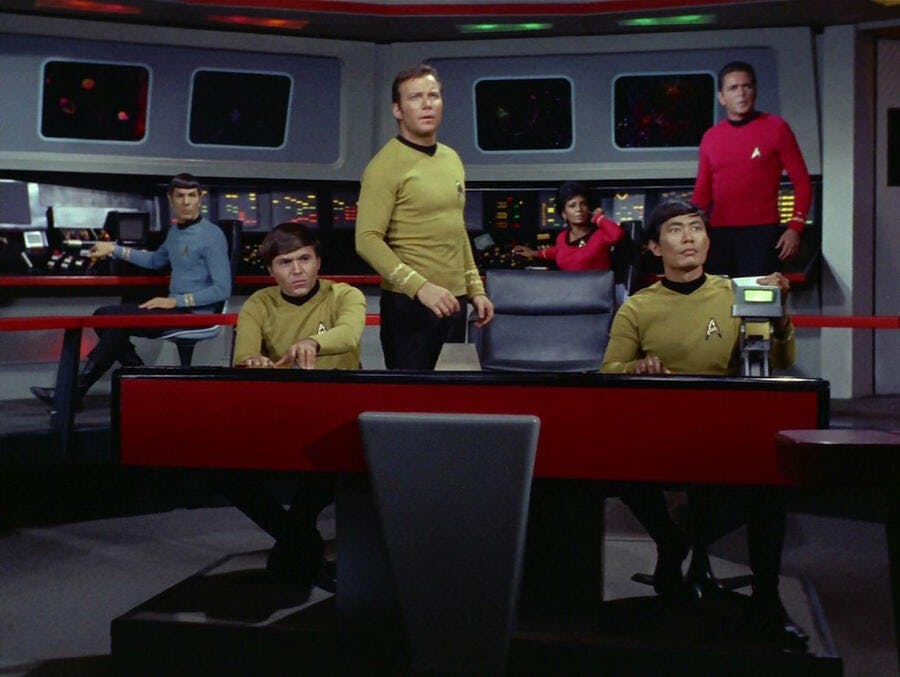
StarTrek.com
Like no other franchise, Star Trek speaks to the optimist within all of us and lets us believe that the future portrayed on-screen is within our reach; yet, that future will be out of reach if we allow racism to remain unchecked.
With that in mind, I have put together a list of things that Star Trek can teach fans, including myself, about being better anti-racist allies.
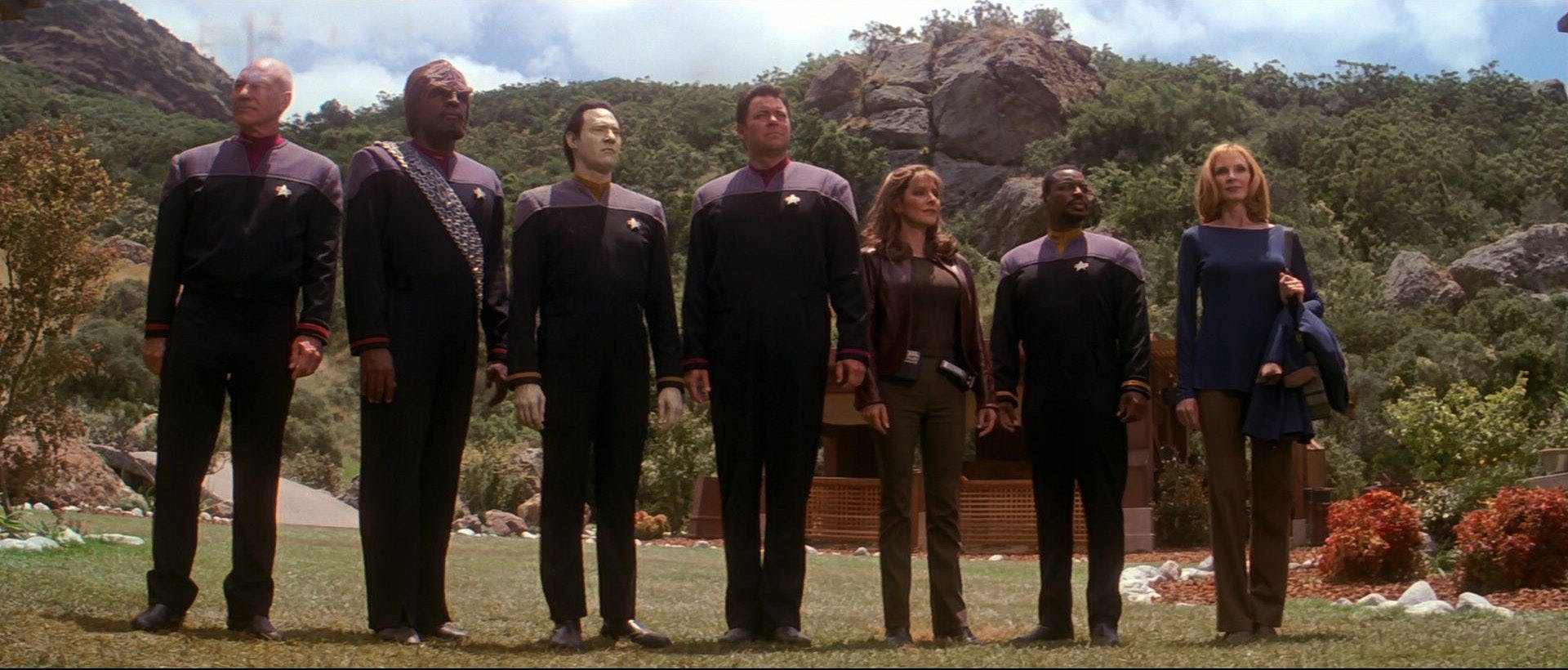
StarTrek.com
1. Take on the Struggle as Your Own
There is no middle ground to racism. If we are silent on the matter of the mistreatment of Black, Indigenous, and People of Color (BIPOC) fans, then we're contributing to the problem. This is something that Captain Picard and the crew of the Enterprise-E realized in Star Trek IX: Insurrection when Starfleet worked with the Son'a to forcibly relocate the Ba'ku. Although this problem was never going to impact Picard and the crew, they realized that by staying silent, they were legitimizing the actions of Starfleet, thereby contributing to the problem. By taking the struggle on as their own, they lent their strength, privilege, and experience to a group of people who needed it.
2. Stand Up for Those Being Unfairly Targeted
When white people are witness to racism and discrimination, we often fail to respond, and this lack of response contributes to the normalization of racism in our world. Speaking out against racist and discriminatory behavior is essential as racism has a cost for all of us. Star Trek: Deep Space Nine's “Far Beyond the Stars” details what happens when no one is willing to stand up for Benny Russell. In it, we see the marginalization of a Black man, a talented author, who is sidelined and disregarded for no other reason than the color of his skin. Our duty, therefore, is to prevent these acts of marginalization from happening by standing up and speaking out when we see them — even if it makes us feel uncomfortable to do so.
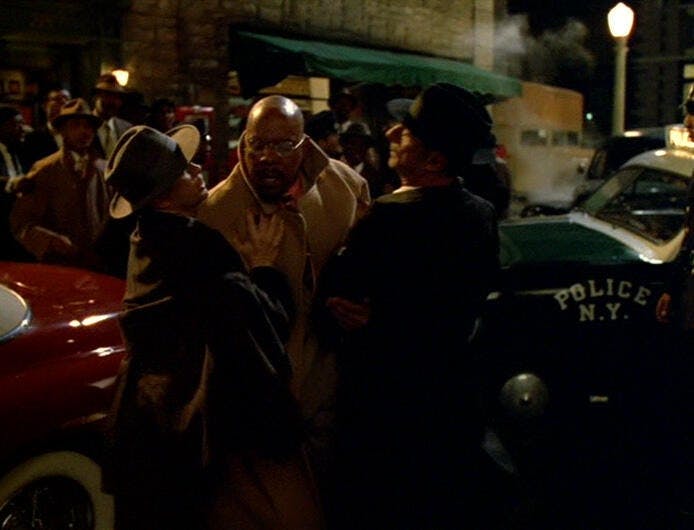
StarTrek.com
3. Transfer the Benefits of Your Privilege to Those Who Lack It
BIPOC voices have been suppressed and erased from the mainstream cultural narrative due to the deep-rooted racism that stacks the system against them, making it vital for white people to use the benefits reaped from their privilege to support those who don't have the same opportunities. Following Captain Janeway's example in “Author, Author,” we can help protect the rights of BIPOC content creators in the community by calling out misuse of their creations and ensuring that, as Janeway did for the Doctor, ownership is kept in the hands of the creator.
4. Decenter Yourself from the Conversation
Talking about racism isn't easy, but living it daily is harder; so leaving our egos at the door when discussing race and our behavior is essential. During the events of Star Trek VI: The Undiscovered Country, Kirk is forced to come to this realization when he discovers that his ill feelings towards the Klingons are not helping to build peace and stability within the Alpha Quadrant. Through a process of self-reflection and experience, Kirk manages to decenter himself from the conversation and help bring about the Khitomer Accords as a consequence.
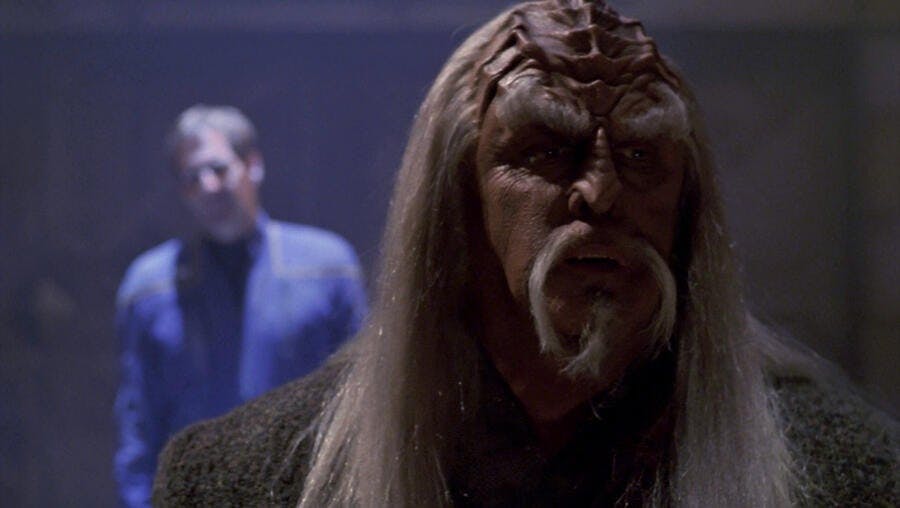
StarTrek.com
5. Break Away from the Positive Optics of Allyship
Performing surface-level allyship — such as tweeting #BlackLivesMatter — does not help dismantle the root cause of racism. If we take lessons from Kolos, Enterprise’s Klingon legal defense advocate in “Judgment,” we see how it is possible to work on reforming racist systems and changing unintentionally racist behavior from the positions that uphold the systems and institutions that discriminate. Although Kolos's actions exacted a heavy personal cost for him, his actions did help to change the conversation and move the Klingon justice system a step closer to reform.
6. Take Responsibility for Your Education
Within the Star Trek universe, we have seen multiple examples of characters educating themselves to better understand the situations that face them. From Sergey and Helena Rozhenko learning Klingon culture and cuisine to help them raise their adopted son Worf, to Commander Sisko learning about Bajoran culture and history to better perform his role as Emissary to the Prophets, one commonality is clear — They took responsibility for their own education. They did not place the burden of education on the shoulders of those being oppressed; instead, Sisko, the Rozhenkos, and countless others in the Star Trek universe sought out their resources and experiences. With the sheer volume of free information available online, educating ourselves is something that can and should be done by all of us.
At its heart, Star Trek champions inclusivity, and all of us can do better to help make our community kinder and more welcoming.
Star Trek Supports Black Lives Matter
This article was originally published on June 25, 2020.
